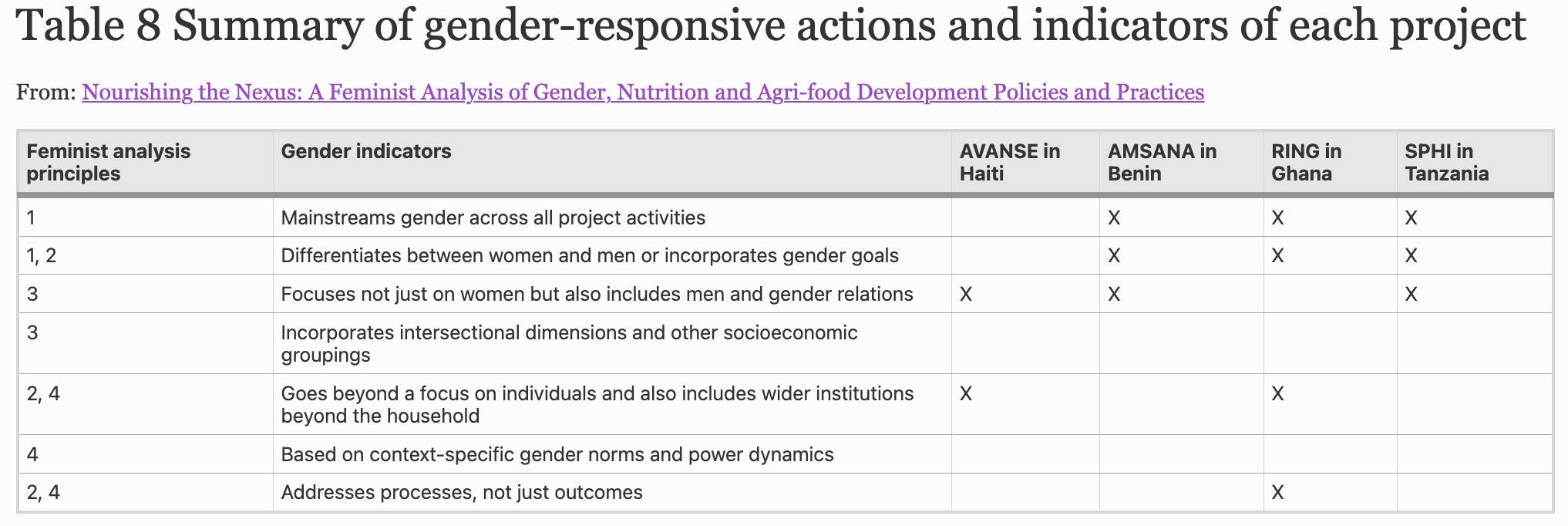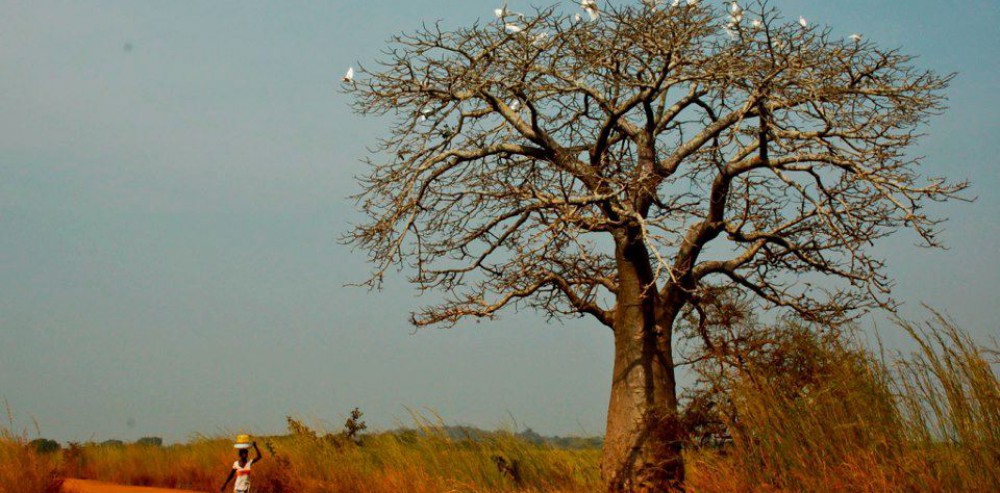This article is published in Gender Place and Culture [link here] where I find that intensifying gender and intersecting inequalities in land access (based on ethnicity, place, age, and class) are due to development interventions aimed at commercializing farming, acutely erratic rainfall and aridity, as much as social norms.
For those who may not have access but are interested in reading the full article, the first 50 downloads are freely available [link here]. Or you can just contact me for further detail.
With the unprecedented feminization of agriculture globally, literature has emerged over the past decade suggesting that gender equality in agriculture could be advanced if gaps in access to farm resources between women and men are reduced. This paper examines gendered farm resource entitlements in northern Ghana. Based mainly on six months of immersive qualitative research, this case study draws from and contributes to feminist political ecology scholarship (FPE) on smallholder farming and agricultural development. The analysis describes some of the intensifying gender and intersecting inequalities (e.g., gender and ethnicity) of land access related to development interventions aimed at commercializing farming. Gender disparities in access to agricultural extension, chemical fertilizers, agrochemicals, high yielding seed varieties, tractor services, credit packages and marketing contracts supported by the state, donors and NGOs are also found. FPE is useful for revealing how these gendered resource disparities are related to agricultural commercialization and increasingly erratic rainfall and aridity, making smallholders more vulnerable to land dispossession. Women’s dependence on men to farm while operating under these changing economic and environmental conditions, coupled with their weaker entitlement rights to resources, threatens to push many, particularly ethnic minority women, out of farming altogether. The ways that intersecting identities shape access to land also complicates understandings of the role of community outsiders who are both the dispossessors of land and those who are intensely vulnerable to dispossession. While rural development studies generally consider women’s farm resources compared to men’s, this does little to explain the intensifying intersectional vulnerabilities.



